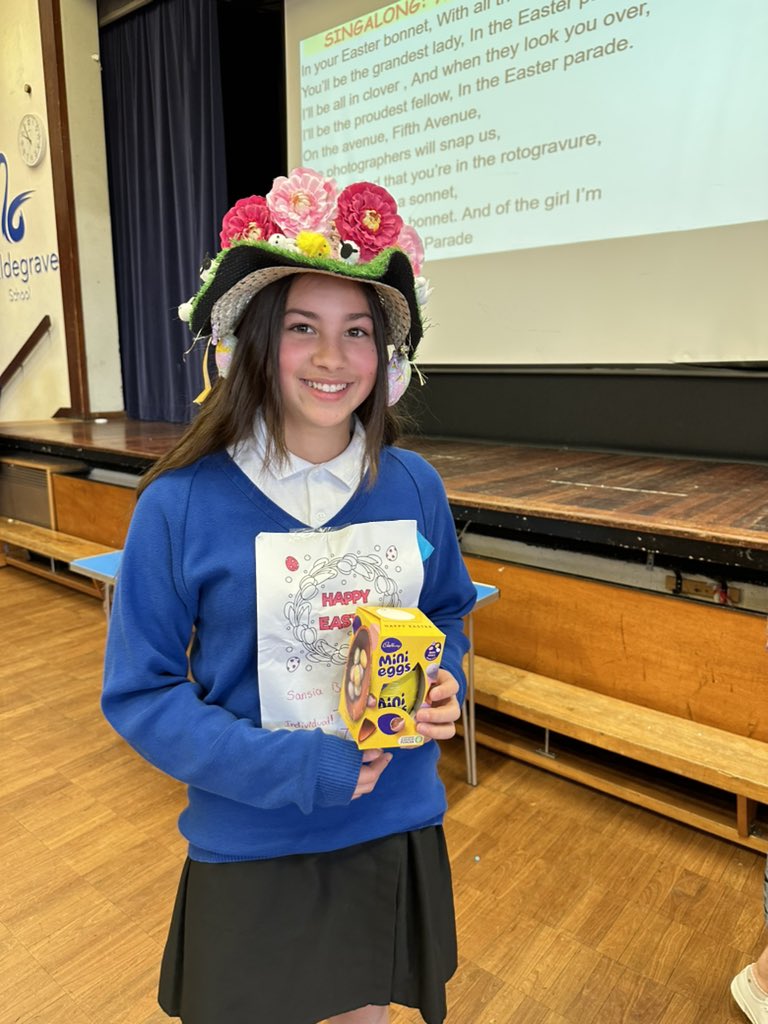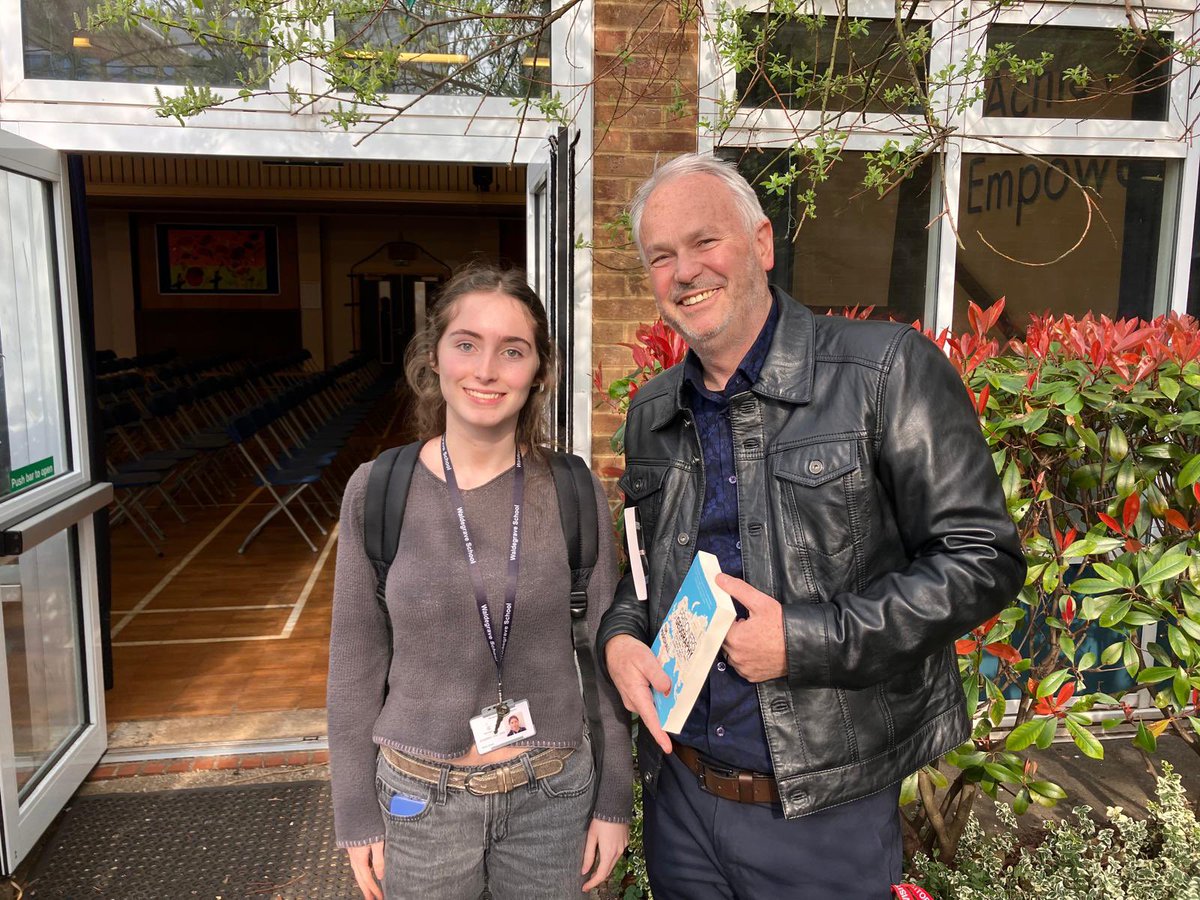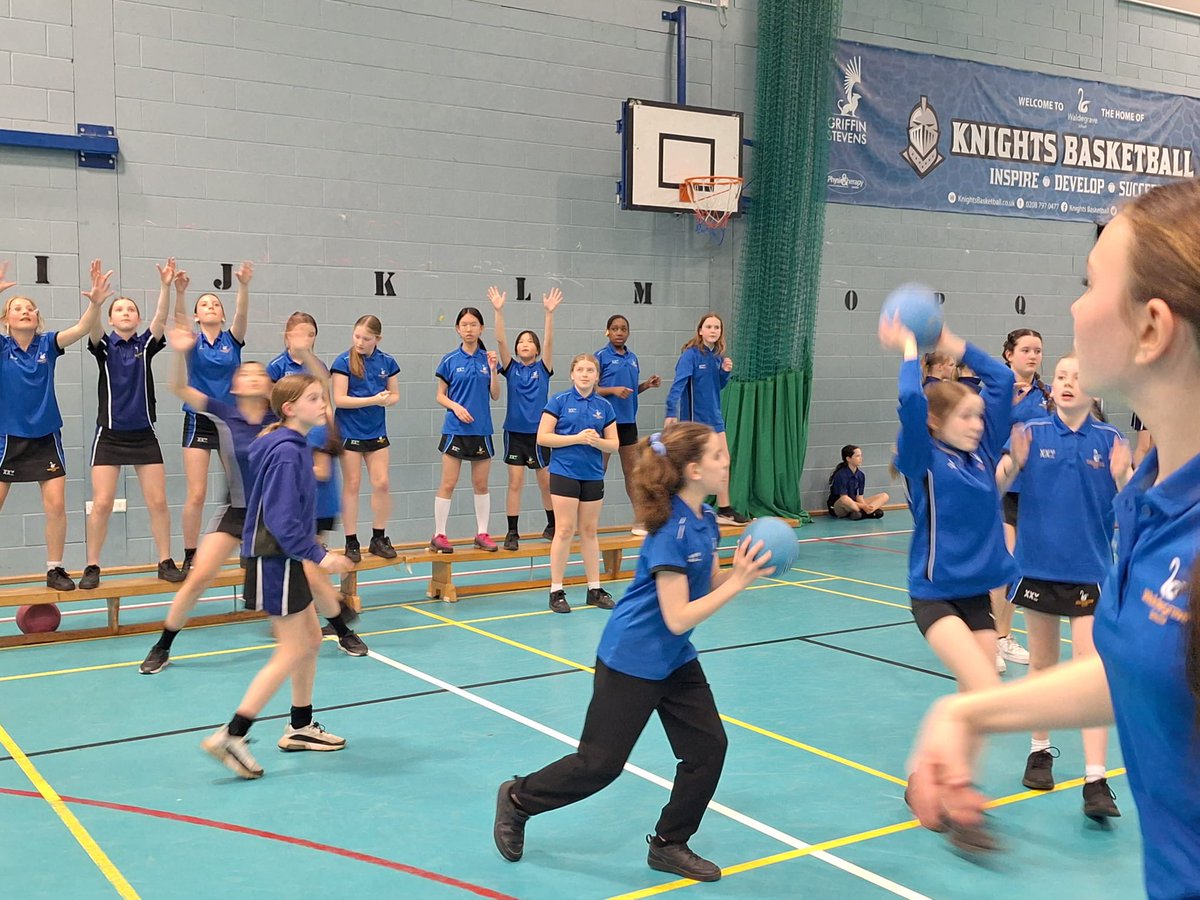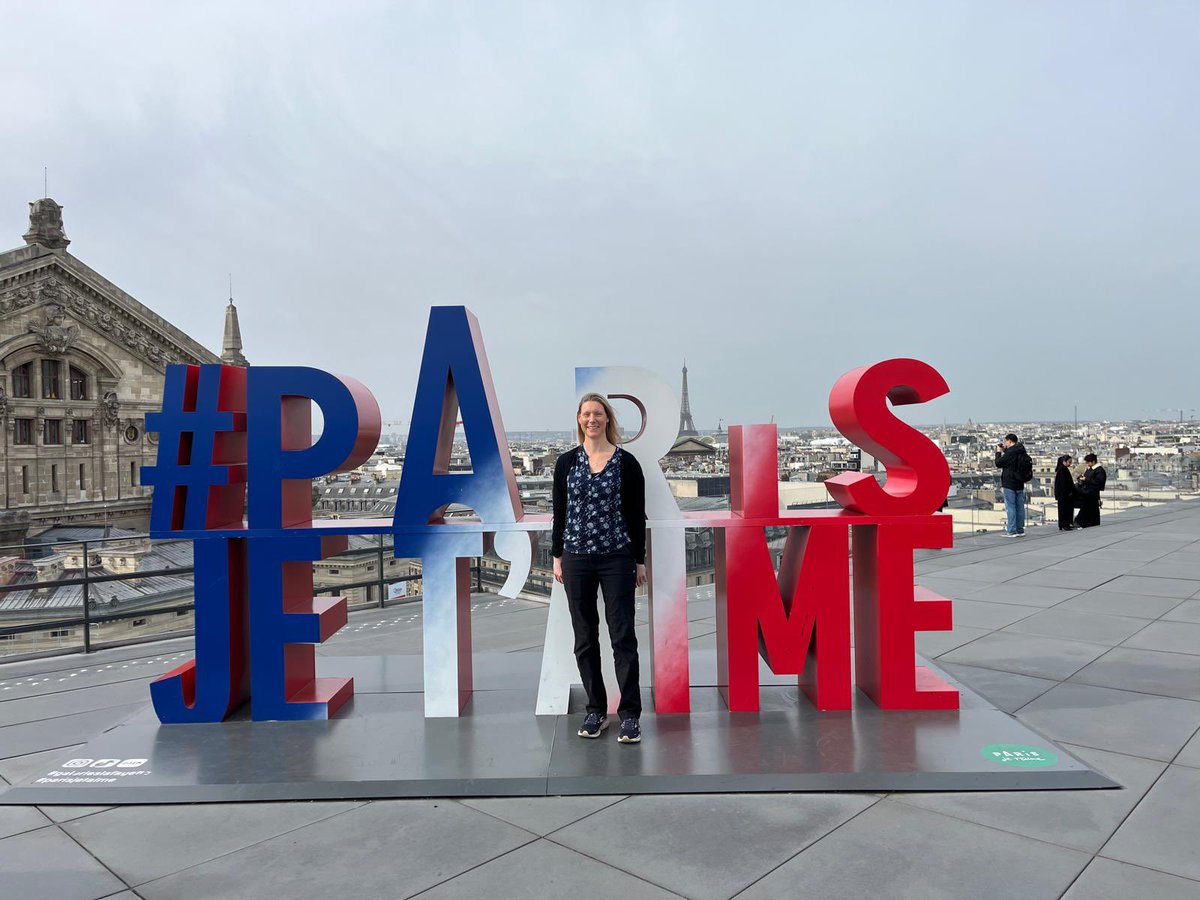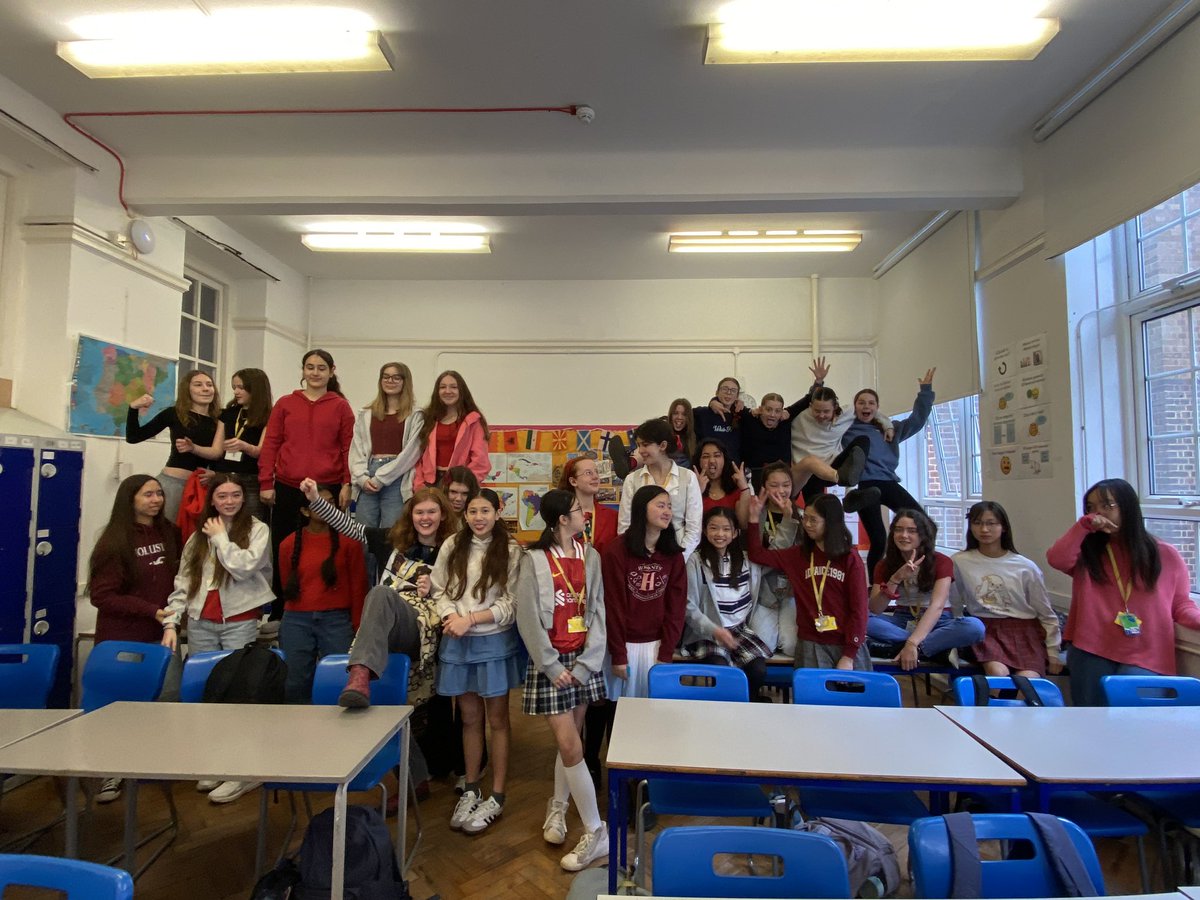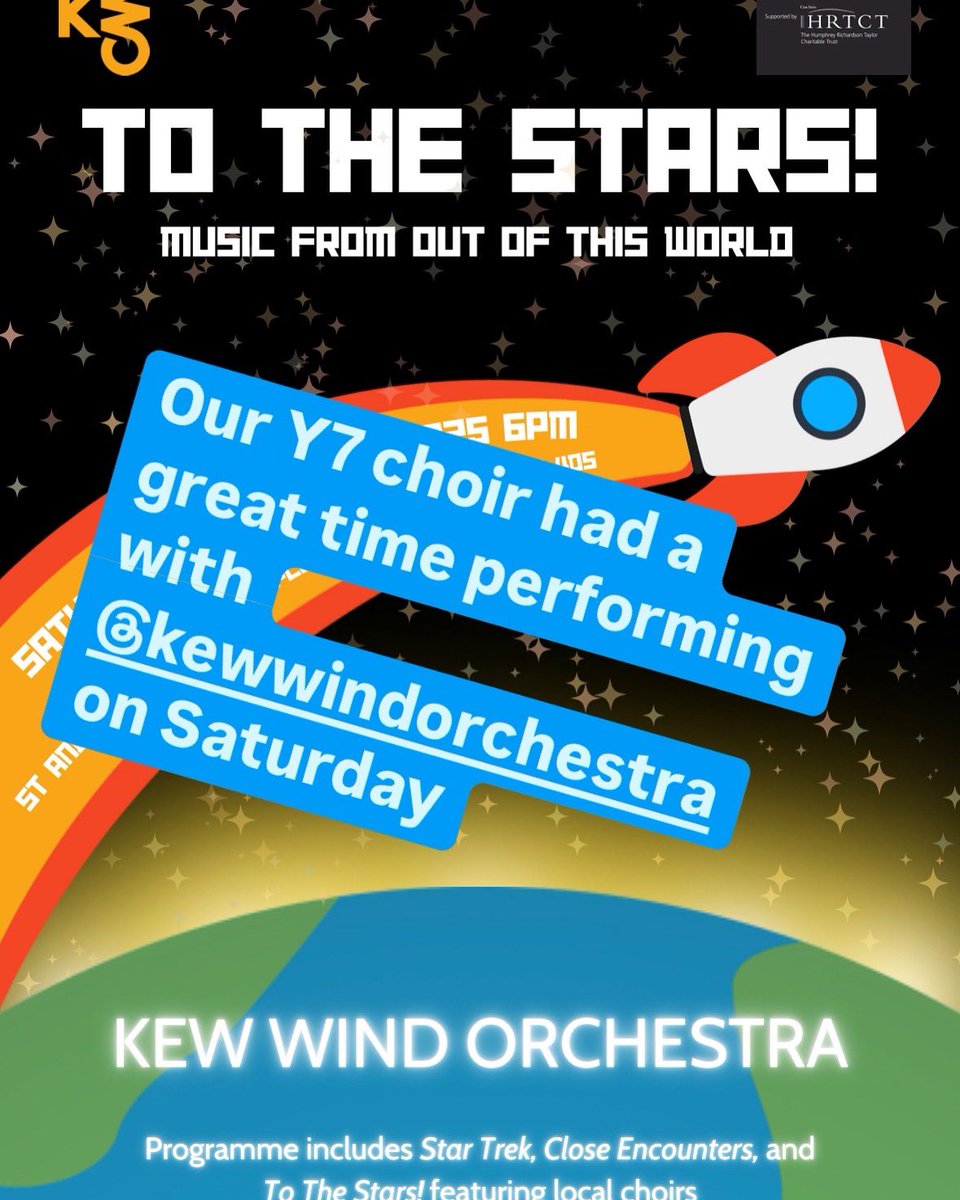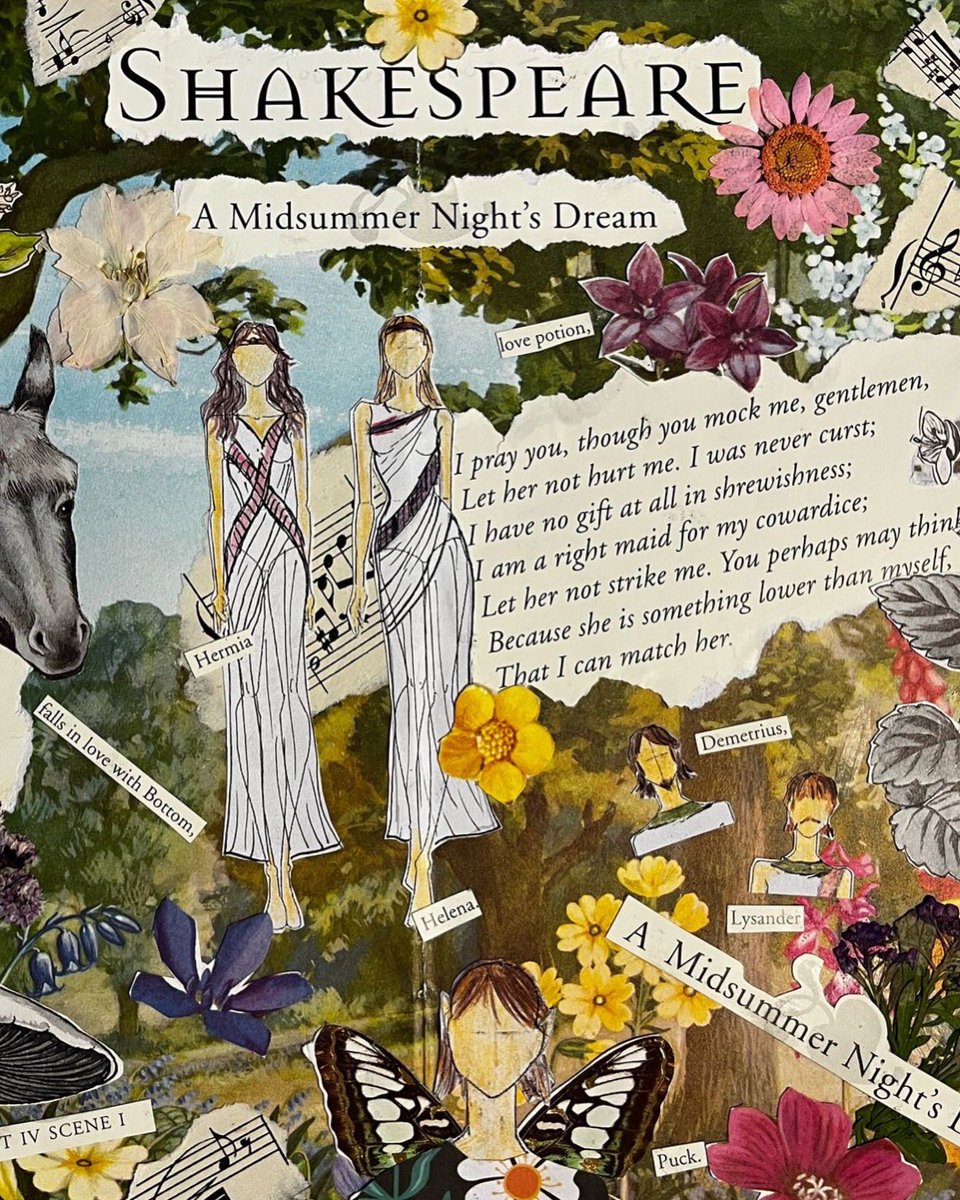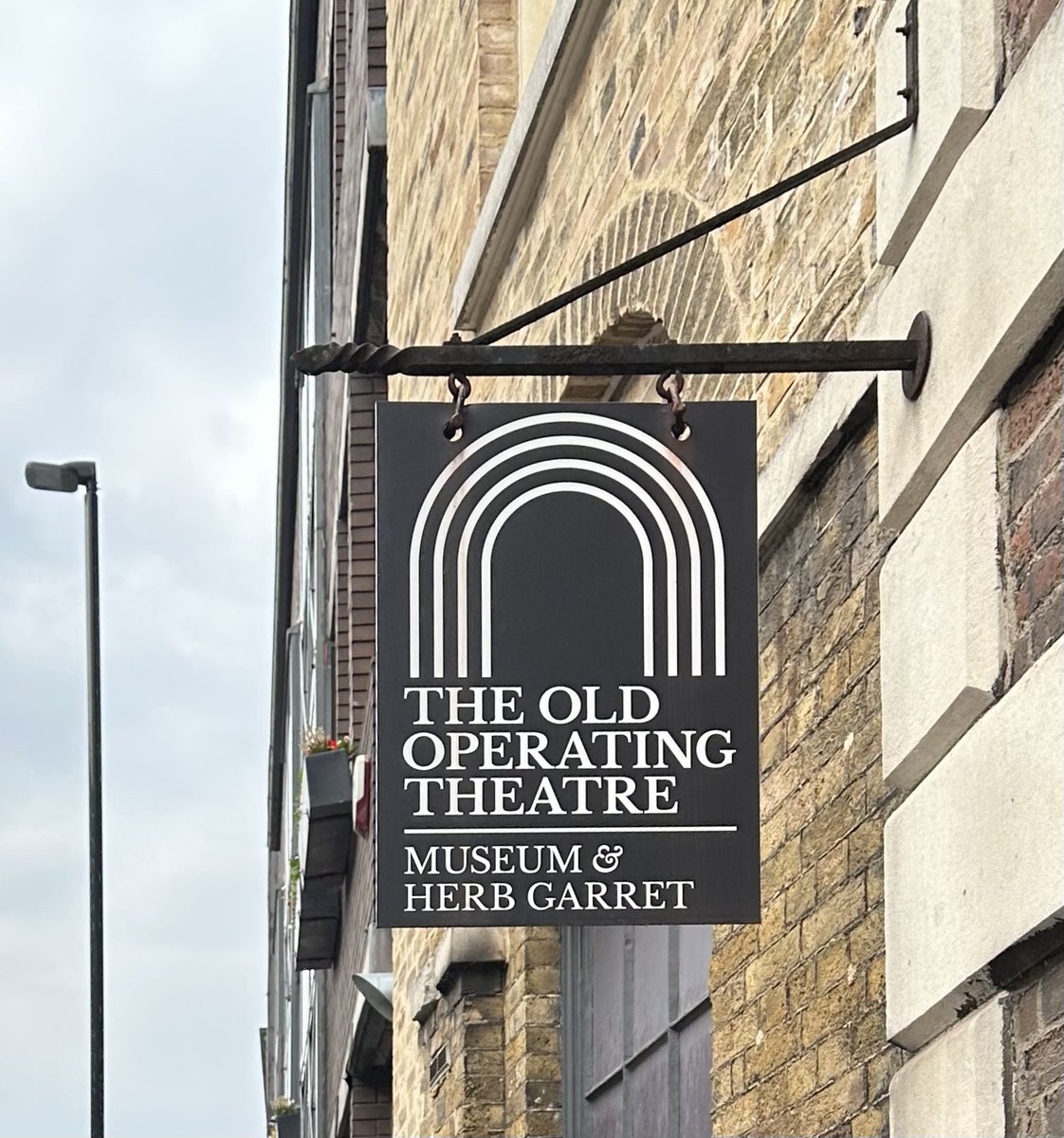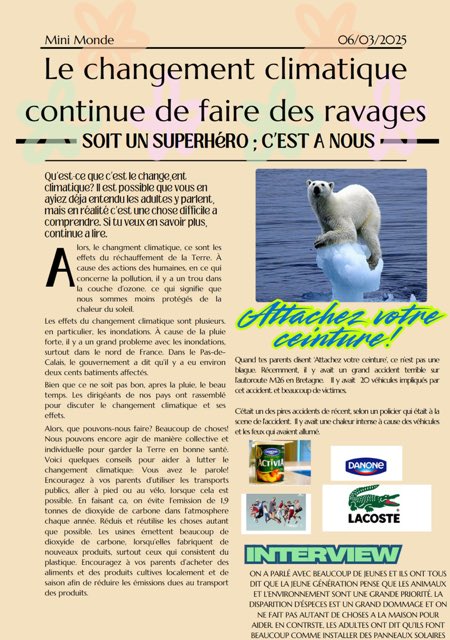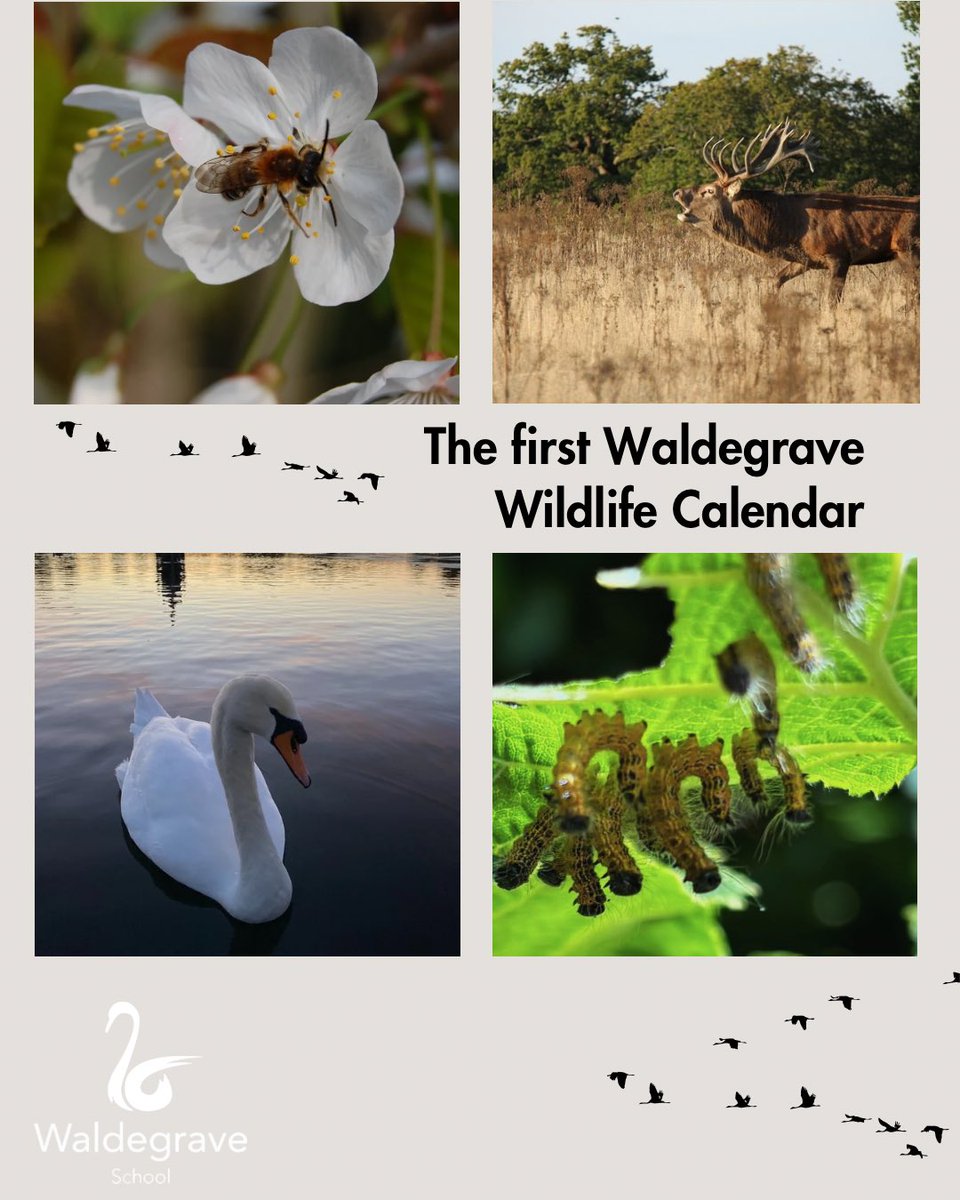Science
The school’s vision is modelled in the Science curriculum. We believe in inclusive education - that all of our students deserve a curriculum that meets their differing needs and enables them to fulfil their unique potential. We want to enable our students to maximise their life opportunities – as curious individuals; capable learners and scientifically literate and engaged members of changing society.
Intellectual exploration and discovery are at the core of human progress. Modern scientific enquiry formalises these processes. Studying science allows individuals to connect with the primal inclination to ‘find out why’.
The domain knowledge gained from studying the science curriculum can answer many of the universal questions that people ask over the course of their lives. Additionally, the procedural knowledge learned when studying science allows our students to seek reliable answers to whatever unique questions they have about the world around them. These two aspects form the basis of our science curriculum – ‘Scientific Concepts’ and ‘How Science Works’. Put together, these aspects will enable all students to cultivate their ability to critically assess information, problem solve and create solutions beyond the scope of educational settings.
Children transition from learning concrete ideas in Key Stage 2 to learning and applying abstract concepts to explain natural phenomena in Key Stage 3. The foundational concepts at the heart of our Schemes of Work are in line with the National Curriculum. Science is taught in three distinct disciplines for the first time.
Science teaches us that wrong turns and mistakes should be welcomed, as they open doors to discovery. This ethos underpins design of the science curriculum and extra-curricular Science Club at KS3, where practical learning opportunities are plentiful.
The autumn term of Year 9 bridges the gap between KS3 and KS4. An enjoyable sense of academic momentum and challenge is achieved through the ‘Scientific Skills’ topic. Our method of delivery links and embeds scientific conventions across the three disciplines through application-based learning tasks.
The teaching of GCSE courses commences after February half term in Year 9. Students study the three disciplines, either as part of Combined Science or Triple Science options. Teaching is led by subject specialists; however, links between disciplines established in the ‘Scientific Skills’ topic are strengthened by continued practical work, the use of scientific conventions and explicit linking of concepts. This encourages students to form a more global view of Science. Students can apply to be Science Prefects. For those students who do not go on to study science Post-16, the KS3 and KS4 science curriculum has provided a loose framework within which they can explore what is meaningful for them.
Student success as independent learners depends on the ability to interpret text. Examination success and Post-16 progression in science requires students to communicate with clarity and precision. Literacy is crucial and therefore embedded within teaching and learning activities. Where most science curriculums focus on key scientific vocabulary – the lexicalisation of disciplinary language, our curriculum goes further; teaching the grammaticalisation of scientific language. This benefits both the communication and cognition in science of all of our learners.
Key Stage 5 study narrows the path for students. Whilst our A Level courses deepen subject understanding, they enable students to accumulate and refine a wide range of skills necessary for entry into a career or higher education including; literacy, mathematical concepts, analytical and evaluation skills. Students are supported to choose and progress in their pathways through subject support sessions, signposting of resources, work experience and mentorship schemes, UCAS statement help, Medical Society and mock interviews.
The science curriculum is narrated to students throughout all Key Stages. Teachers encourage students to think about the value of the scientific endeavour by situating their learning within broader contexts. Telling stories about significant developments, introducing personalities from diverse backgrounds, highlighting career opportunities and the potential of science to solve world problems brings science alive and leaves students feeling that their knowledge is relevant and powerful.

